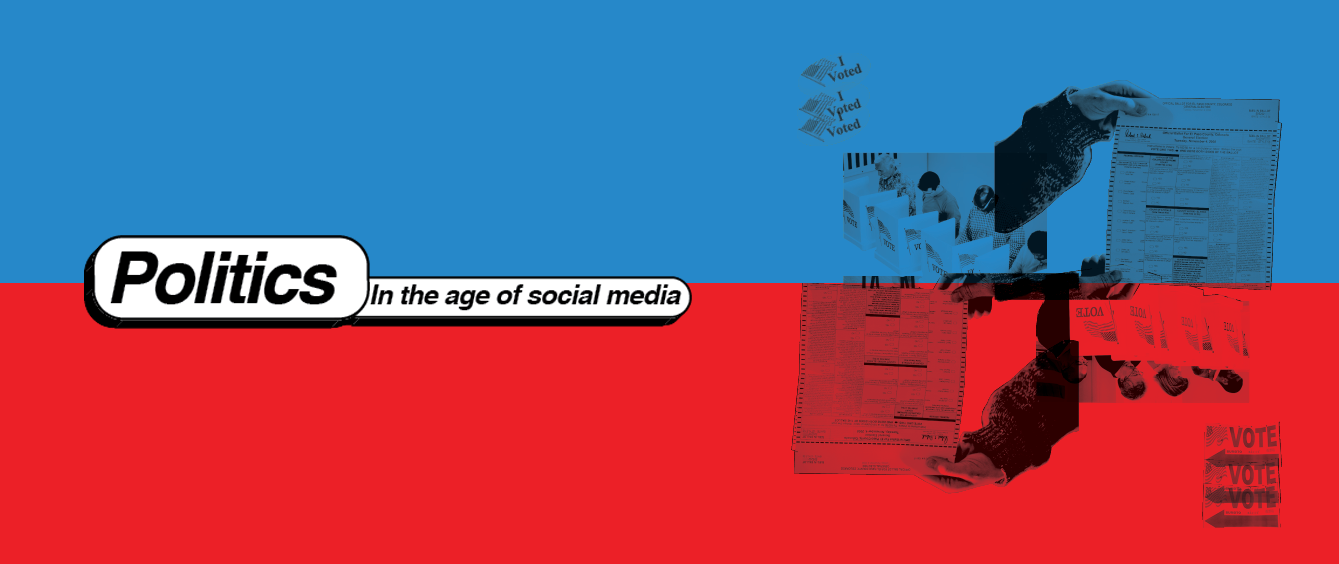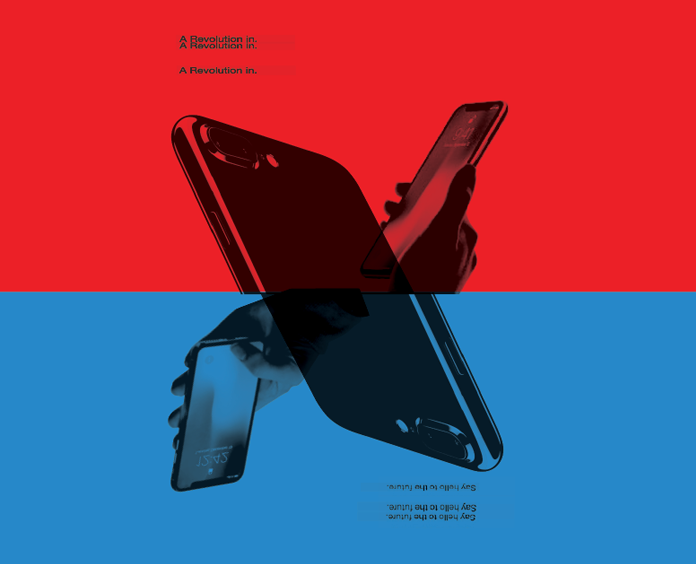DIMARCO | JACCODINE | MCINDOE
The internet has taken a front-and-center role within the political environment, but just how effective has the access to social media been on our elections? The Pew Research Center took surveys on July 18, 2016 and found that 44% of U.S. adults got information about the 2016 presidential election from social media.¹ That is more than the percentage cited for either local or national print newspapers or for candidate websites and emails combined. With our unmonitored social media platforms, many Americans have been getting their news from untraditional and sometimes questionable sources. At the same time, they have also been granted a direct link to their candidates.
The 2008 election has been nicknamed “The Facebook Election”. In 2006, Facebook and Twitter were gaining major media traction, and this resulted in the 2008 presidential election becoming social media’s guinea pig. In 2008, the internet played a major role in campaign news. Twenty-six percent of all adults got most of their election news from the internet, while 28% looked towards newspapers. Still, television was the dominant source for political news in the
country.² For the first time in history, voters in the 2008 election were no longer
passive bystanders the political process but were able to utilize technology to get
involved in the race, publicly support their candidate, and connect with masses
of other citizens who shared their views. Among internet users, 18% of Obama voters signed up for online election alerts, compared with 9% of McCain supporters. Fifteen percent of Obama’s supporters versus 6% of McCain’s supporters contributed money online and Obama voters also beat out McCain’s voters in sharing multimedia content with others (21% vs. 16%).²
It’s no question that Obama’s supporters were more active online than McCain’s so it shouldn’t be a surprise that Obama won nearly 70% of the vote among Americans under 25. This was the highest percentage of young American voting for one candidate since polling began in 1976. Obama’s team saw the power of social media and used it to their advantage. This is no coincidence, since one of Obama’s key strategists was 24-year-old Chris Hughes, a Facebook co-founder. The campaign was able to utilize cheap social media advertising, spending only $467,000 in total but reaching millions. In contrast, one half-hour television special in the last week before the election cost $4 million alone. Obama was the
most effective online politician during the presidential campaign, not only against John McCain but also against Hillary Clinton. Obama had more than 250,000 members in the early stages of his Facebook . This compared to 3,200 members for Clinton. As the election went on, he reached more than 2 million American supporters on Facebook; McCain reached just over 600,000.³ When looking at all these numbers, can we conclude that Obama’s social media impact was what resulted in him being elected? Do followers equate to voters or was this a
one-time fluke?
Skip ahead to the 2016 election. Twenty-four percent of voters who use the internet received news and campaign information directly from social media posts by Donald Trump and Hillary Clinton.⁴ Every time a post was put out, the 10 million Twitter followers for Trump and the seven million followers for
Clinton were notified. Looking at those numbers, Trump has three million more followers than Clinton. Why is that? Donald Trump has developed a new way to connect with potential supporters. His insurgent marketing strategy is seen in his word choices and targets. He dominates social media conversations and doesn’t hold back in the way most politicians have. He speaks aggressively with disregard for unspoken rules about how politicians should behave. This tactic has generated more likes, retweets, and growth in followers than any other candidate. People sign up to see his circus.
Some may think that Trump is a loose cannon but others think this is an
intentional strategy. The amount of likes received by one topic versus another
were heavily monitored, and political strategists worked with politicians to
determine what resonated with their audience. As Trump put out his upsetting and disrespectful remarks, he generated more and more followers. Almost 25% of Trump’s posts reference himself as a sole authority — the strong leader who will come to the rescue and restore greatness. This could have been a strategy developed after seeing the fear expressed by his followers in the comments on his posts. Did Trump’s team recognize that followers online mean voters at the poles? This use of online reactions wasn’t only seen with Trump. Sanders’ posts emphasized the power of citizens to effect change. Clinton’s team increased her posts on Trump, but maintained a level focus on women’s rights based on the likes reflected in her past posts. This demonstrates that social media posts constitute a rich repository of data that can be mined for insights into a campaign’s communication strategy. In other words, our likes and comments
can influence the course of a political campaign.
Does this mean that whoever gets the most likes could potentially be the winner of future elections as seen in every election since 2008? Will these data set the precedent for elections to come? Will political leaders continue to do whatever is outrageous enough to rack up likes and followers? If so, our democracy would be at risk. We would be losing facts and reasoning for political gain. Alternatively,
more people are being reached than ever before and our opinions can be shared and actually change the direction our leaders’ actions. Social media has given us a new voice, but does the good outweigh the bad? The power that social media holds, given that 44% of Americans are relying on it for political information, leaves us in uncharted, unregulated waters. The value of our likes and comments may seem like nothing when you’re just scrolling through your feed before bed,
but the data collected has the power to change outcomes for every election to come.











